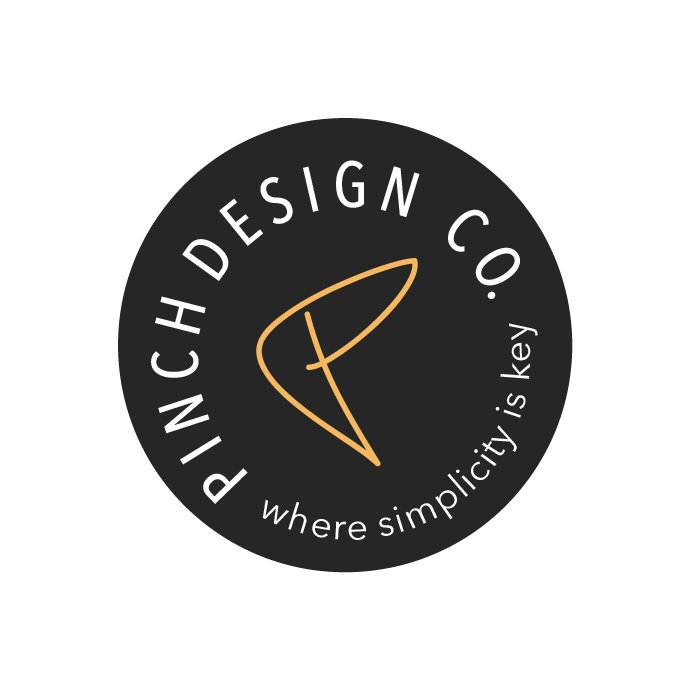C Is For Contract
When PDC first decided to step into the world of blogging, we knew that, above all else, we wanted to be transparent about the highs and lows of running a business, being a designer and working with clients. This month we would like to talk about where it all starts for us - client on-boarding. Once Pinch receives an inquiry, we schedule a consultation and, if the fit is just right, we then present our contract. Contracts can be intimidating; however, they are very useful in protecting both the client and the company. We want to give a few tips regarding contracts and share a personal contract story.
TIP 1:
If you don’t understand contracts, learn more about them. We suggest reading ‘A Surprisingly Interesting Book About Contracts: For Artists & Other Creatives’ by Sarah Conley Odenkirk. This book breaks down contracts into more understandable components. If not this book, there are plenty of others that can help you better understand contract jargon.
TIP 2:
Look up sample contracts from other companies. Some companies may have encountered scenarios that you hadn’t imagined happening. You could include those provisions in your contact just to cover all bases.
TIP 3:
Seek a professional. There are contract lawyers who can review your contract for free or for a very low price. Whether it’s your contract or a contract that someone has asked you to sign, get a professional to review it. Contracts can be legally binding and, if a business relationship goes south, you want to make sure that you and your business are protected. An attorney who specializes in contracts is the best resource you can use to ensure your contract is air tight.
So, we have shared a lot about creating the perfect contract; however, one must be careful about signing contracts presented to you as well. We learned a valuable lesson in this area and want to share the story with you.
Pinch received a new client interest and was very eager to work with this brand because we fully supported their message and mission. Upon signing on, we presented our contract for them to sign. They also presented us with a confidentiality contract. The contract SEEMED simple enough and, at the time, we were happy to oblige the request. After the project concluded and was launched on their end, we eagerly shared our work and promoted their business, as is customary with all PDC clients. A short while later, we received an email stating there was a breach of that confidentiality contract that we’d signed months ago. We were shocked, to say the least. We contacted our attorney to go over both contracts and the situation was resolved without incident. This situation could have easily spiraled out of control. We walked away from this lesson learning to never sign another contract before contacting our attorney. Ultimately, it is better to make an educated decision about whether or not to sign a contact, even if there is a risk of losing a client.
“C” is for contracts this month, but you don’t want that “C” to stand for “courthouse” or additional “costs” later down the line. Pinch signed a contract that hadn’t been vetted. Don’t be like us! Follow those 3 main tips above to provide yourself and your company with security and peace of mind.


